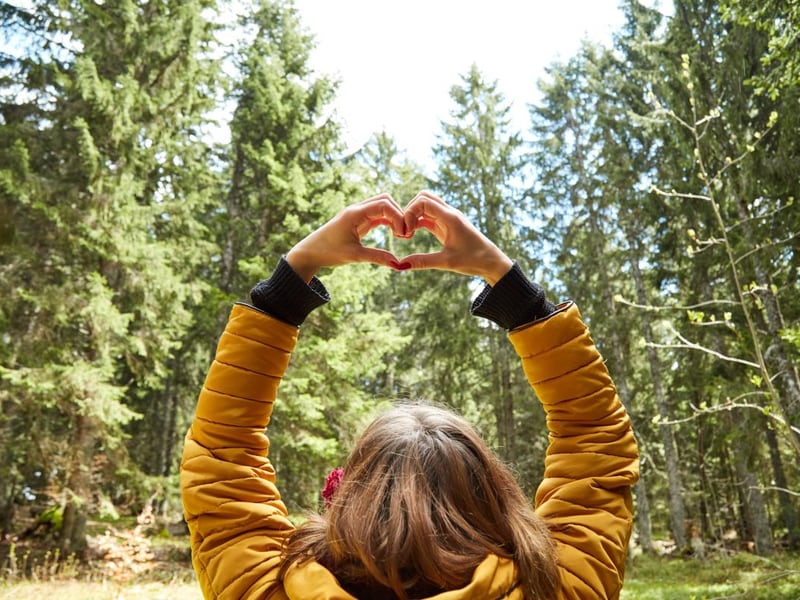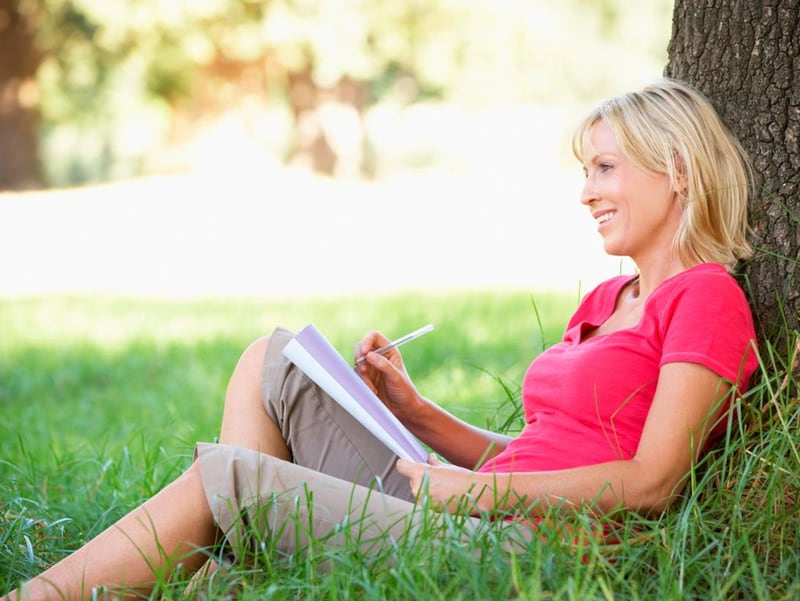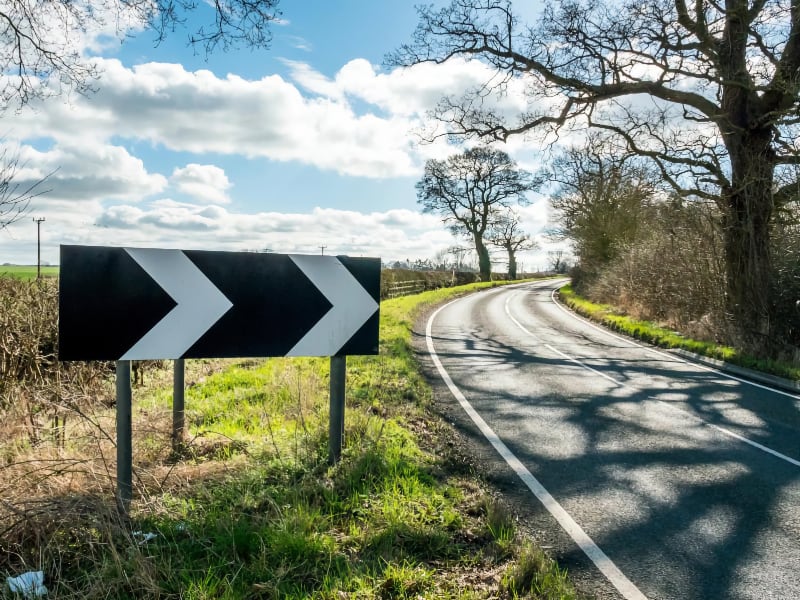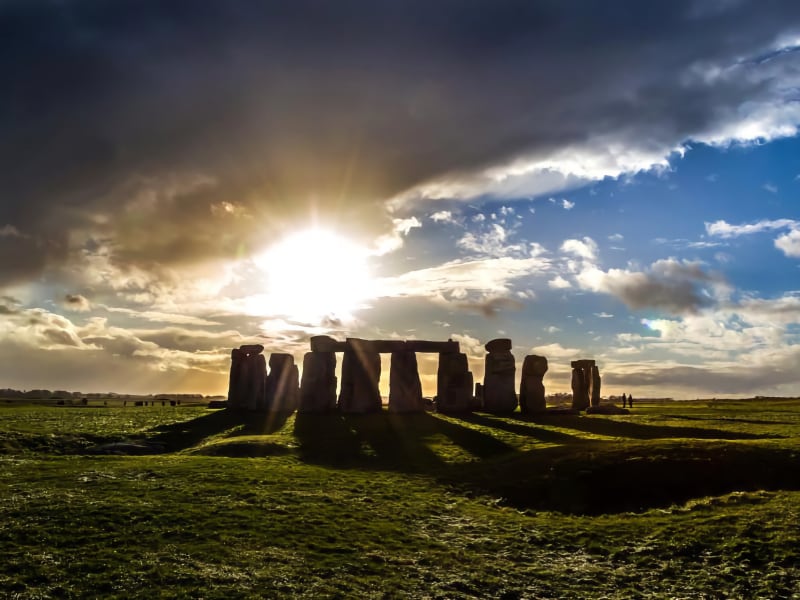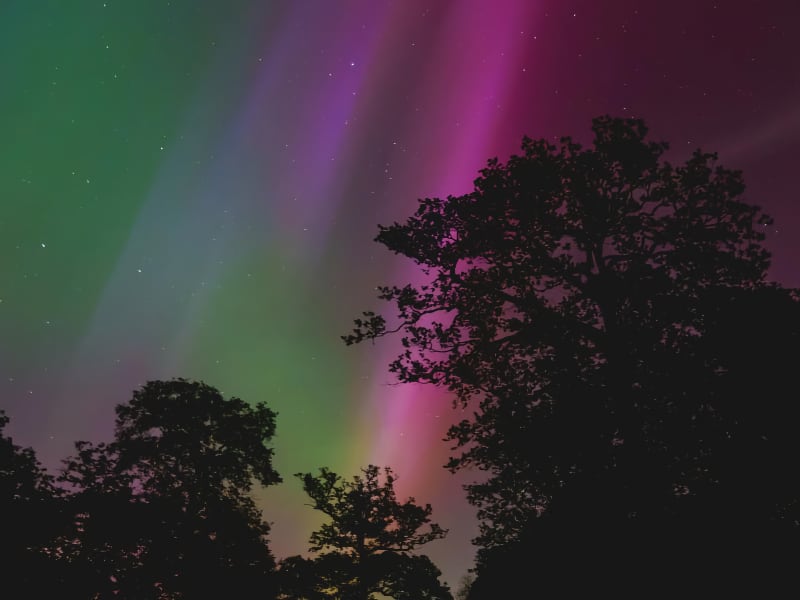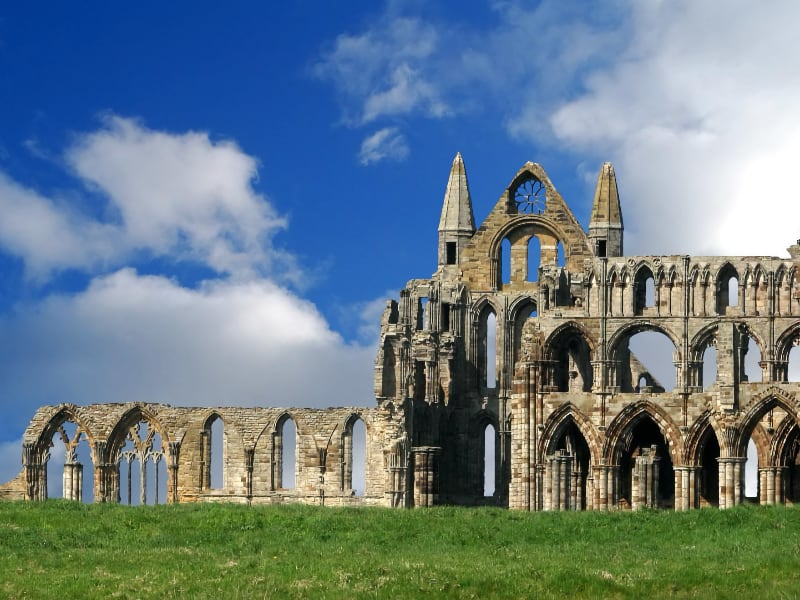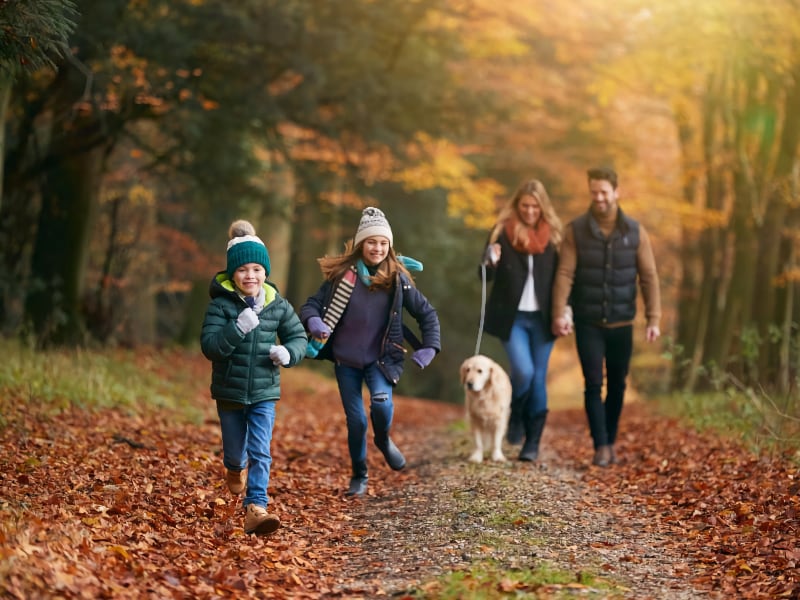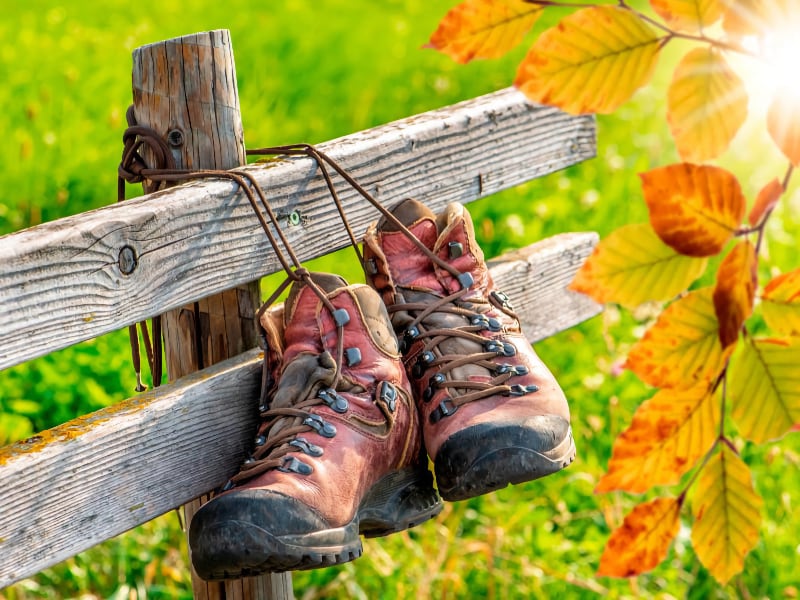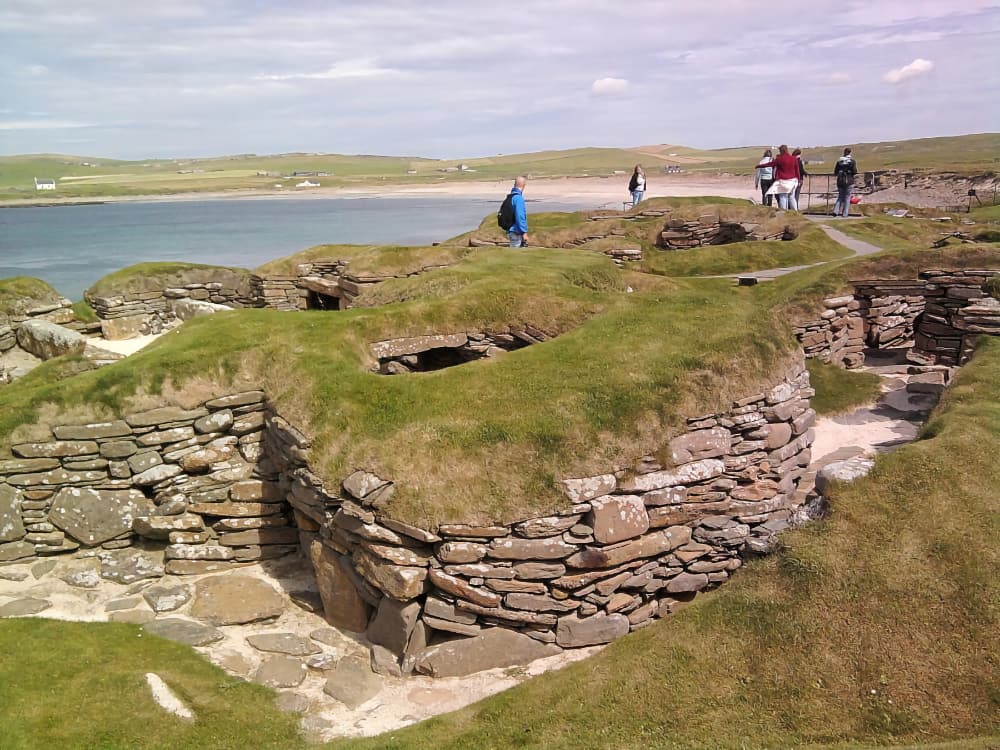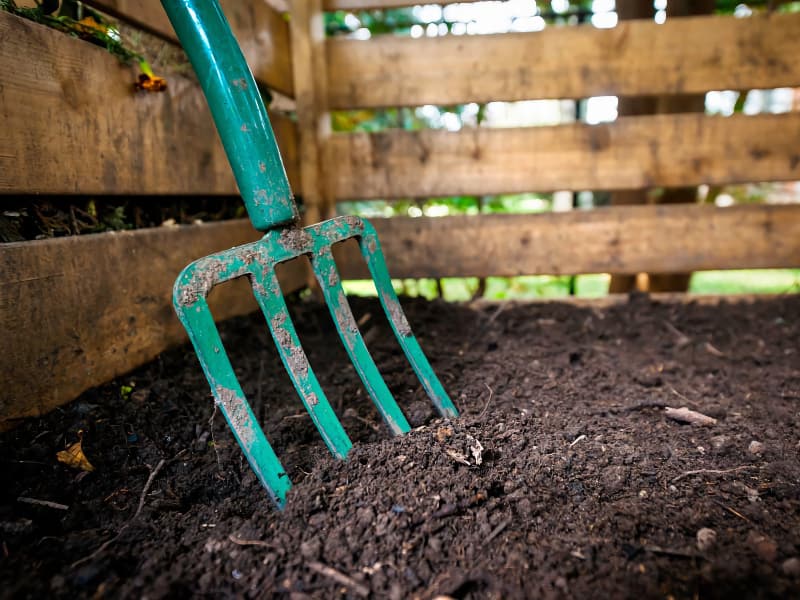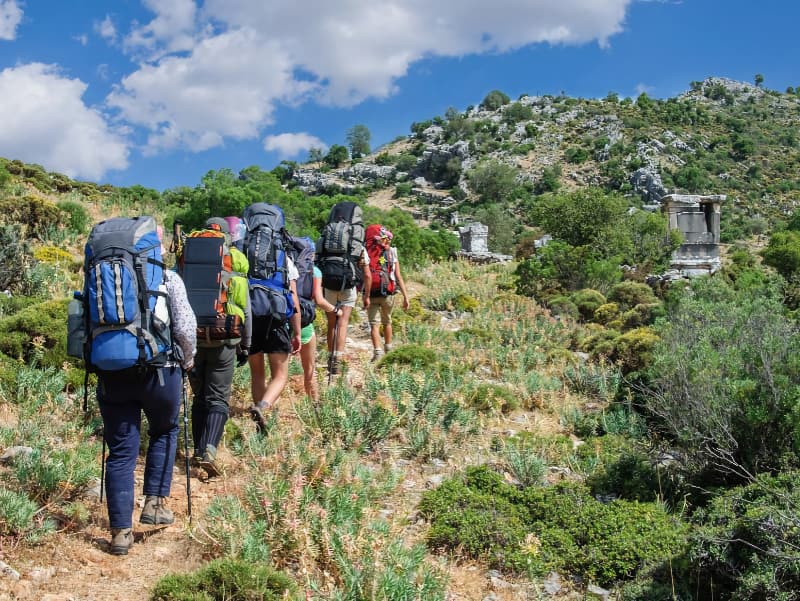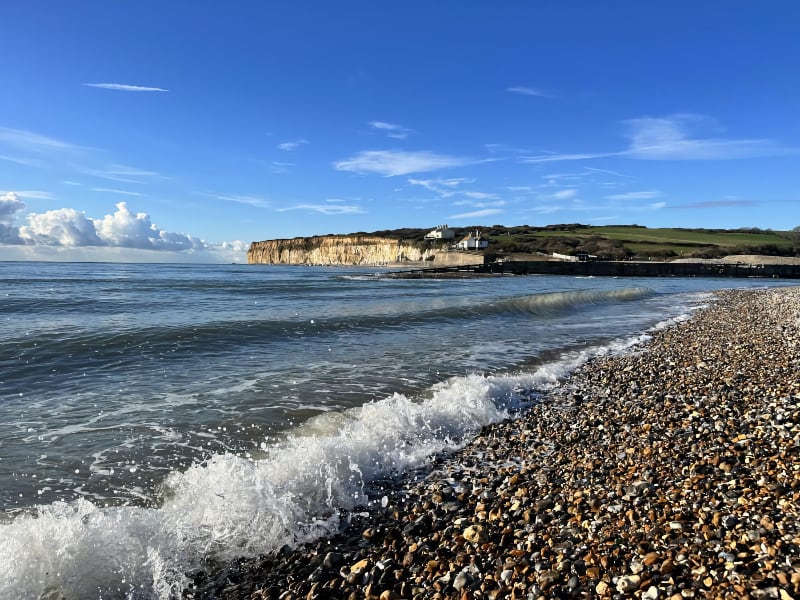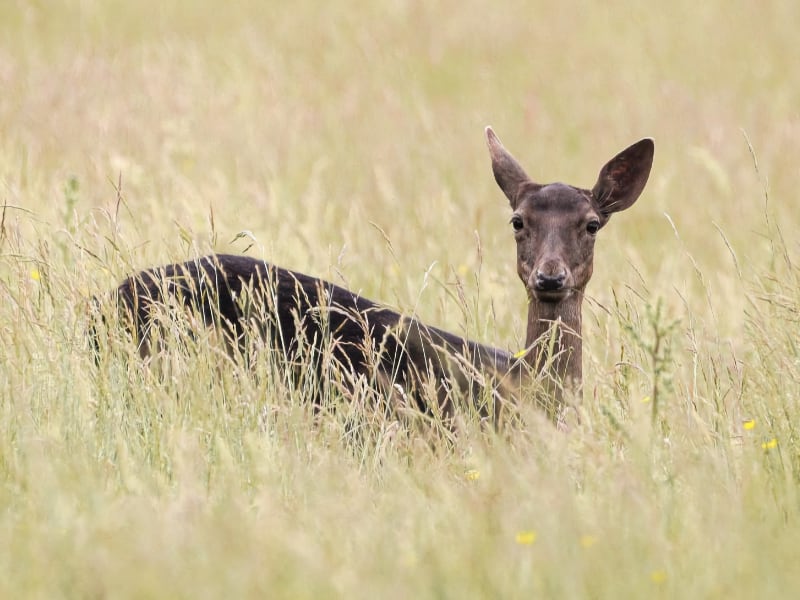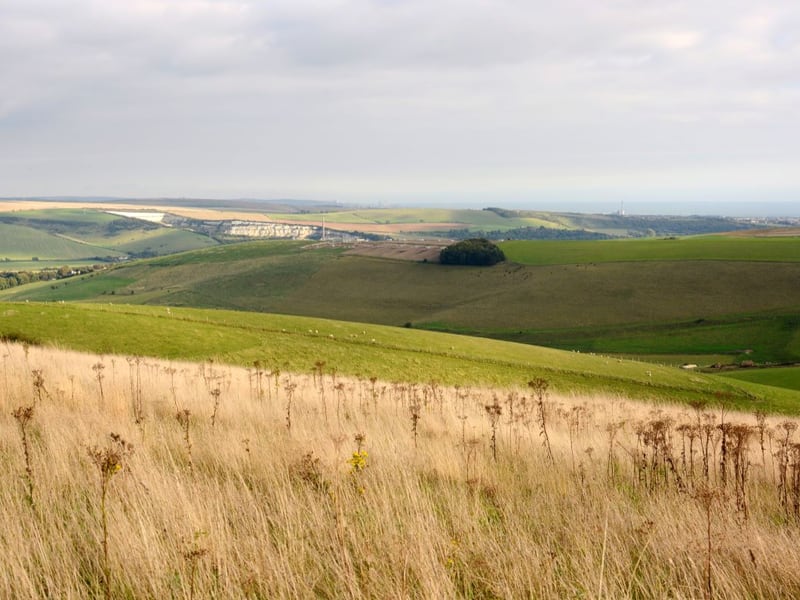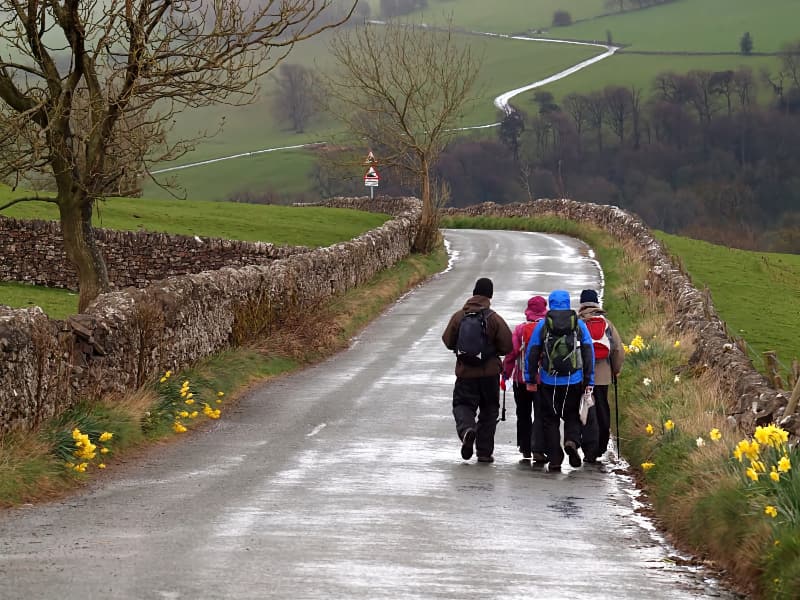Walking at any time of year can benefit our physical and mental health. It is a natural and innate activity that can keep us grounded in nature
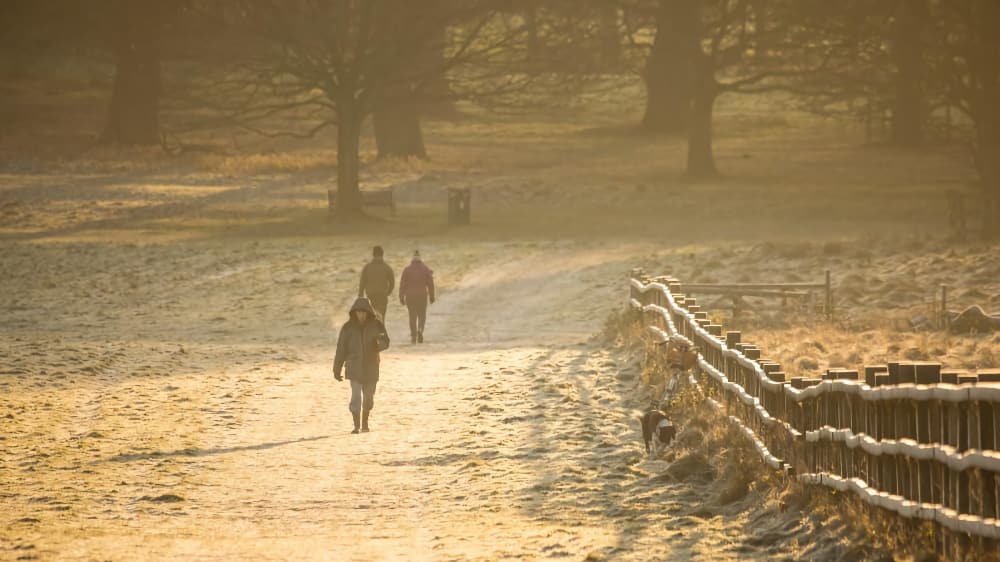
During winter in the UK, when you might prefer to stay cosy and warm inside, a brisk walk outdoors can be good for you in so many ways. Requiring minimal gear apart from warm clothes and proper footwear, walking also doesn’t cost anything, yet it enables you to explore nature close-up in all its infinite glory.
This article explores why a walk in a natural setting is special, even in the coldest months of the year.
Boost Physical Health and Happiness
Winter walks can have a profound impact on both health and general wellbeing, giving you time to process and deal with any problems and clear your mind of concerns for a little while. The freedom of walking outside and of being connected to nature is always of benefit. Just wrap up warm in the colder months and brace yourself for the elements.
Julia Bradbury’s recent bestselling book, Walk Yourself Happy, has a central theme promoting nature’s power to heal. With scientific information at its source, the popular publication advocates the positive benefits of walking in natural surroundings. Not only does nature “soothe anxiety and stress, but a mountain or a tree can keep you company in times of grief”. Along with themes of walking to become happier, the book highlights the importance of building nature into your everyday life. It also encourages readers to eat well, sleep better and move more.
Physical exercise is beneficial for numerous health reasons. Staying active can safeguard you against major illnesses, such as coronary heart disease, stroke, type 2 diabetes and cancer. While there are other activities and hobbies that involve movement, including practicing golf, playing tennis and swimming regularly, walking is incredibly good for you. Walking in winter can help to ward off common colds as well as improve your mood, boost your overall immunity and reduce both your heart rate and blood pressure.
Trek Solo or in a Social Group
Being immersed in nature during winter exposes you to sights, sounds and smells, engaging your senses like nothing else. Walking induces a state of tranquillity and awareness and, in the words of the famous naturalist, Charles Darwin, opens up a ‘thinking path’ to gain insight into the natural world. It is the most accessible activity.
The serenity of a solo winter walk can be profoundly rewarding. The cold air and freedom of being in the great outdoors is perfect for clearing your mind. In addition to giving you space to think, walking alone also gives you the freedom to follow your own path and set your own pace. Yet while going alone is good for you, winter walks with friends, family and in groups exploring national trails can be brilliant too. Sharing the beauty of a snowy scene or pointing out scenic highlights together builds life-long friendships. Group walks can motivate you to get outside on the coldest of days and walking clubs are a great way to meet new people across the UK.
Discover Why Winter Walks are so Special
A wintry walk is a special experience and for many, winter is the best season to walk in the woods. Others relish the bracing winds off the coastal paths, or are drawn to the challenges of a snow-laden trail embracing the icy conditions and the stillness it brings to the landscape.
Winter can also be the best season to explore the UK’s natural beauty. Embracing the elements allows you to experience nature in a completely different light. The crisp, cold air fills your lungs with energy as you trek across frosty fields or crunch through freshly fallen snow. Windswept coastal paths offer up both invigorating sea breezes and crashing waves, providing an exhilarating walk. Meanwhile, inland, snow-dusted forests and dark woods take on a hushed, magical atmosphere for the perfect adventure. Winter walks are a real chance to embrace the cold, find beauty in nature and rediscover the rugged landscape around you.
Forage for Nature’s Christmas Decorations
Foraging for natural winter decorations is both a fun family activity and a sustainable way to transform your home into a cosy Christmas cottage. Rather than spending a fortune on plastic baubles or outdated tinsel, natural decorations from your local woods or forests look beautiful and bring nature indoors.
Forage for the best festive natural objects in your local winter wonderland green space before creating unique and inspiring Christmas decorations, by:
- Clipping small branches of holly, pine, laurel, ivy or fir to create wreaths, garlands, table centrepieces or mantel displays.
- Painting or spraying twigs silver or gold to scatter as mini Christmas trees or ornaments.
- Painting acorns in festive colours or glue caps back on to hang as mini ornaments.
- Slicing oranges and drying the rings to make natural garland for the tree.
- Tying cinnamon sticks together with string for rustic swags over doors and stair railings.
- Adding dried flowers using hydrangea or fern leaves for touches of colour.
- Crafting wreaths, stars or reindeer.
- Carving out wooden discs from fallen logs to use as rustic candle holders or tree ornaments.
Watch Out for Wildlife
A crisp winter walk is a joy for anyone who loves spotting wildlife, native birds and identifying different trees. Wildlife sightings may be rarer, and seeing winter birds and animals can be thrilling.
Bare tree branches open up new sights while icy lakes, frosty fields and foaming rivers transform into wilder, natural sculptures. As temperatures drop and leaves fall to the ground, winter reveals long-obscured trails and uncovers new landscapes deep inside woods, forests, country parks and beaches.
A winter walk is healthy and exhilarating for so many reasons. Whether you’re exploring the UK’s stunning forests, coastal paths or hills, getting outdoors and moving to keep warm is the best way to embrace nature in the colder months. From making you happier and de-stressing to reconnecting with nature and enjoying some thinking time, embrace the joy of walking as the temperature outside continues to drop.

